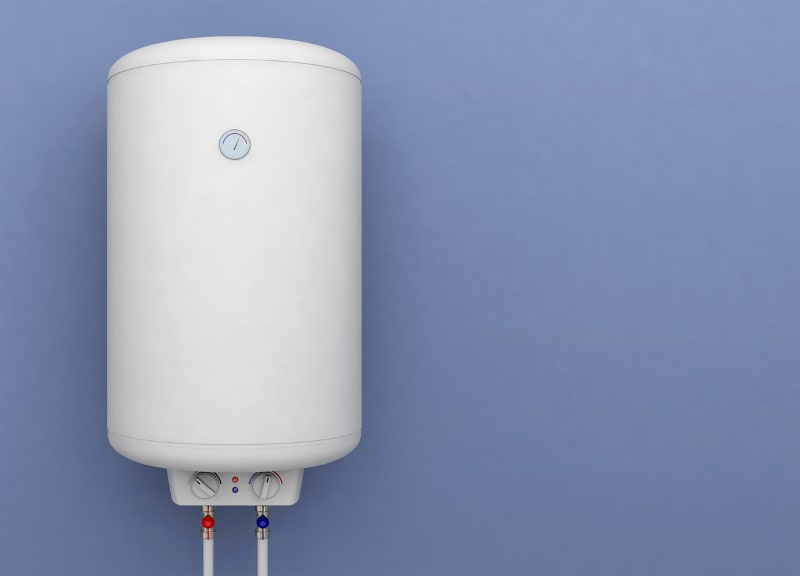A water heater is a crucial piece of equipment that offers convenience and improves comfort. It can be a daunting task when choosing a water heater, especially when there are too many options available. Here is a simple guide to help you when shopping here in Belleville, IL.
Consider the Size and Capacity
When choosing a water heater, you should determine the amount of hot water needed in your home. The amount of water largely depends on the number of people and taps. A typical water heater holds about 40 to 55 gallons of water or more.
The size of the tank also depends on where to place it. If you have enough indoor space, you may opt for the storage water heater, and if not, pick the tankless system.
Consider the Type of Fuel
The type of water heater depends on the availability and energy cost. There are several sources of energy that fuel water heaters, and they include the following:
- Electricity: It’s the most widely used source of energy for water heaters in the United States. The advantage of using electricity is that it’s versatile and can fuel different water heaters such as tankless and storage units.
- Natural gas: If you have natural gas in your home, this is a viable option to try on both tankless and storage units.
- LP gas: Propane or liquid petroleum gas is readily available across the county and can fuel both tankless and storage units.
- Solar: It is attractive and ideal for a sunny and warm climate and helps you save on energy costs.
- Geothermal: If you have a geothermal heat pump system, consider using it to fuel your heat pump water heater.
Consider the Type of Water Heater
Now that you have assessed the capacity and the type of fuel, it’s time to consider different water heaters. You might not be well conversant with all of them or don’t know the specific differences, but here’s a brief explanation.
- Storage water heater: They consist of large water storage tanks that get water from the mains and heat it to your preferred temperatures. The heating units may use either gas or electricity as a source of energy.
- Tankless water heater: As its name suggests, they do not use large storage tanks. The system provides hot water on demand and in unlimited supply. They also use gas or electricity to heat water.
- Solar water heaters: The system consists of solar collectors mounted on the roof that heat and store the hot water. The system is the most energy-efficient because it utilizes solar energy.
- Heat pump water heaters: Like a heat pump that transfers heat from the outside to the inside, heat pump water heaters work with the same principle. They transfer heat from the surrounding air using a refrigerant that goes into the water storage tank. The system uses electricity only.
Consider Power and Outages
When choosing a water heater, consider how reliable your sources of energy are. For instance, if you have an electric-powered tankless water heater, you won’t have hot water unless the power gets restored.
On the other hand, gas-fueled water heaters give hot water at any time. Also, heat pump water heaters are more effective when the surrounding environment temperatures remain at 41 – 89 Fahrenheit. Additionally, you will need a backup power source for solar heaters in case sunlight isn’t available.
Efficiency
The efficiency of a water heater is a significant factor to consider when choosing one. The energy factor (EF) measures the unit’s energy efficiency from cycling losses to standby losses. The higher the EF ratings, the more efficient it is.
When choosing a tank water heater, also remember to consider its first-hour rating (FHR). The FHR is the number of gallons the heater can deliver in one hour when the tank is full. Before buying one, estimate your home’s peak-hour water demand and find the unit that has an FHR in that range.
When shopping for new water heating systems, it’s critical to consider all the factors above. For more information about water heaters, contact us at Indoor Comfort Team.
Image provided by iStock





